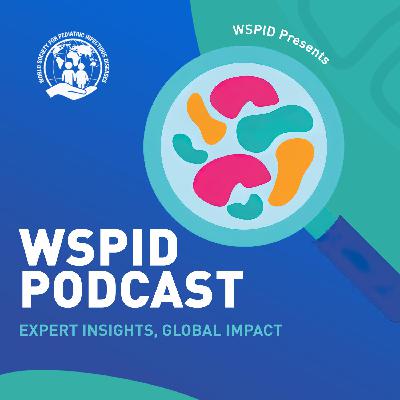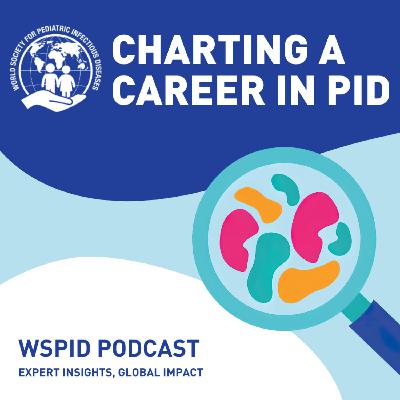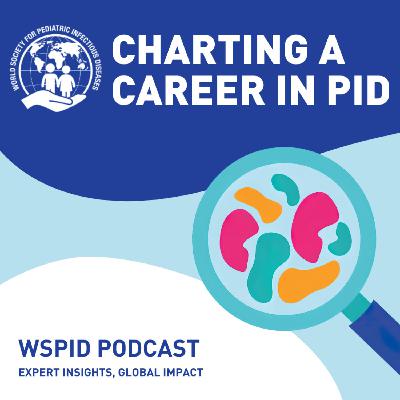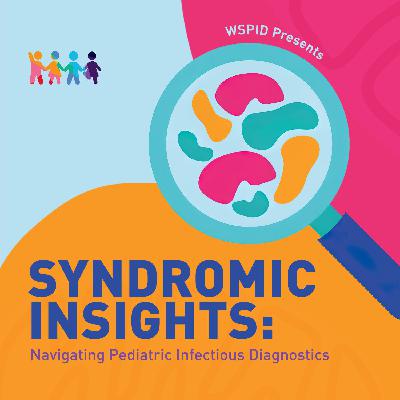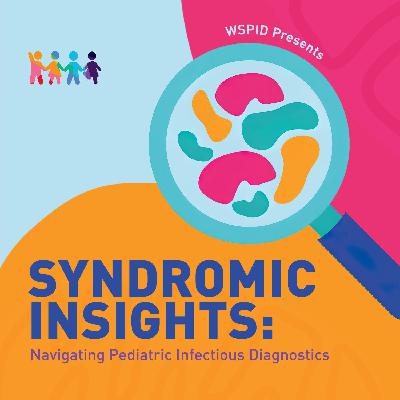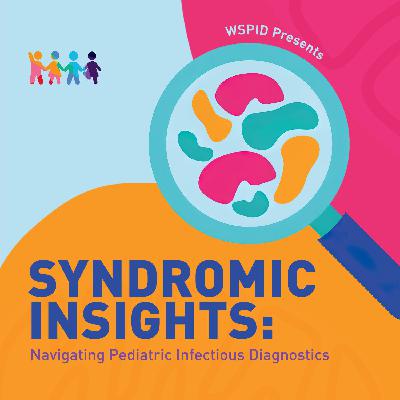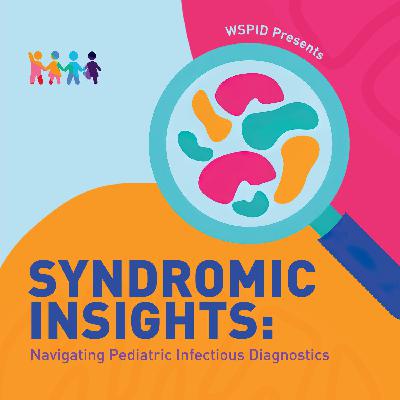
WSPID Podcast
Author: WSPID
Subscribed: 2Played: 8Description
Welcome to the WSPID Podcast, your source for expert insights and the latest developments in Pediatric Infectious Diseases (PID). Hosted by the World Society for Pediatric Infectious Diseases (WSPID), a global confederation of national and international PID societies, our podcast brings together top professionals from around the world to explore critical topics in pediatric infectious diseases.
From clinical case discussions to emerging research, ethical considerations, and innovations in diagnostics, our episodes offer diverse perspectives on the challenges and advancements shaping pediatric healthcare today.
Our current Syndromic Insights series delves into the world of syndromic testing, featuring expert hosts Dr. Linny Phuong and Dr. Alicia Chang. This series covers topics ranging from human rhinovirus and gastrointestinal infections, to the role of artificial intelligence in healthcare and future health threats.
Subscribe to the podcast so you don't miss an episode, and make sure to share the show with your colleagues and peers.
If you'd like to contact WSPID, please email us at wspid.education@kenes.com
Watch full video epsiodes of the podcast and claim CME Credits at https://education.wspid.org/
You can also find us the following links:
https://www.linkedin.com/company/wspid-world-society-for-pediatric-infectious-diseases/about/


